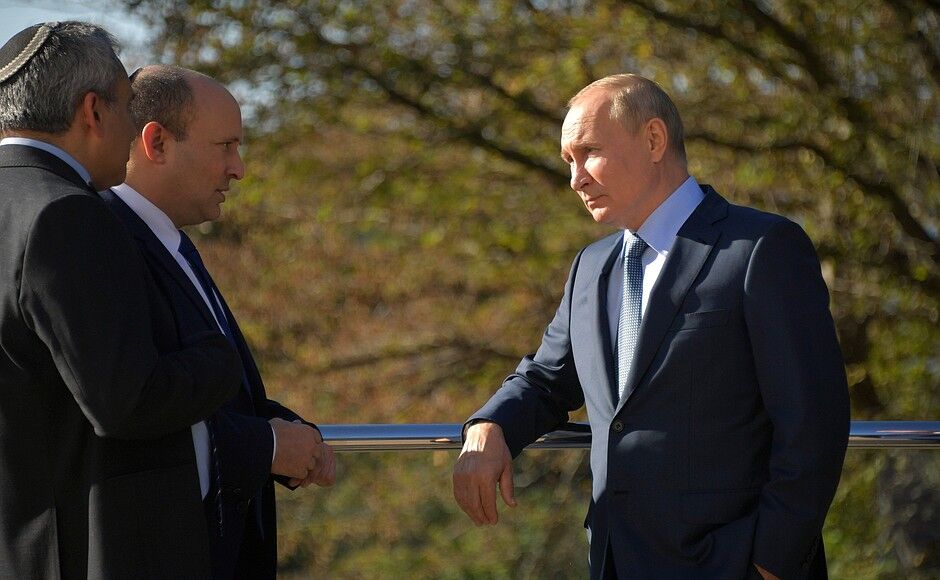Speaking in an interview with the website of the Strategic Council on Foreign Relations, Morteza Makki said: Considering those concerns, the attention of political circles and the media has been greatly attracted to the visit of the prime minister of the Zionist regime to Russia and its results.
The expert stressed that Bennett’s visit was made with a number of motives, including Tel Aviv’s concerns about the nature of Iran-Russia political and military relations. Perhaps the prime minister of the Zionist regime has tried to be ensured that such relations will not pose a serious threat to the regime.
Noting that Russia would never use friendship with Iran to threaten Israel’s interests, Makki said: This is an issue that Iran should consider in its Middle East policy, especially in terms of its support for the resistance movement and the nature of its relations with it.
The expert on Russia affairs saying that several factors have led to the closeness of and relations between Tehran and Moscow, further elaborated: The West’s confrontation with Iran and Russia, and in particular NATO and US sanctions and threats against Moscow, has prompted the Russians to use all their capabilities and conditions in the Middle East to counter such measures.
He added: In the meantime, the Islamic Republic of Iran has undoubtedly created a special opportunity and capacity for Russia to advance its Middle East policy.
Makki stressed: No one can ignore Iran’s role in Syria in stabilizing Russia’s military position in that country, Maki said. In any case, presence of the Islamic Republic of Iran and Russia’s military support in Syria is considered as a decisive factor in the destruction of ISIS in that country, which led to great victories of the resistance and the Syrian army against ISIS and other takfiri movements.
The expert, saying that Moscow’s position on the developments in Yemen is close to that of Tehran, he added: Of course, Russia is trying to strike a balance in its relations with the countries of the region so that it can use all its influence in the region to counter the policies of Western governments and the United States.
He stressed: In view of such issues, on the one hand, Russia is trying not to have relations with Iran in a way that would jeopardize the strategic relations between the two sides, namely Tehran and Moscow, and on the other hand does not want its relations with the Islamic Republic, put its relations with the Zionist regime in danger, so the Islamic Republic of Iran must pay attention to the Moscow strategy.
Noting that Moscow is a close partner and ally of Tel Aviv, Makki said that such strategic relations are not limited to the period after the collapse of the Soviet Union. Even before the collapse of the Soviet Union, the communists had close relations with the Zionist regime.
According to the expert, the settlement of a large population of Jews of Russian origin in Russia, many of whom are in governmental positions, has led to an increase in travel and relations between the Zionist regime and Russia.
The expert believes that in recent years, especially since Russia directly entered the war with the ISIS and takfiri groups along with Iran, sensitivities of the Zionist regime have increased a lot, although the Russians have always taken such sensitivities into account.










0 Comments